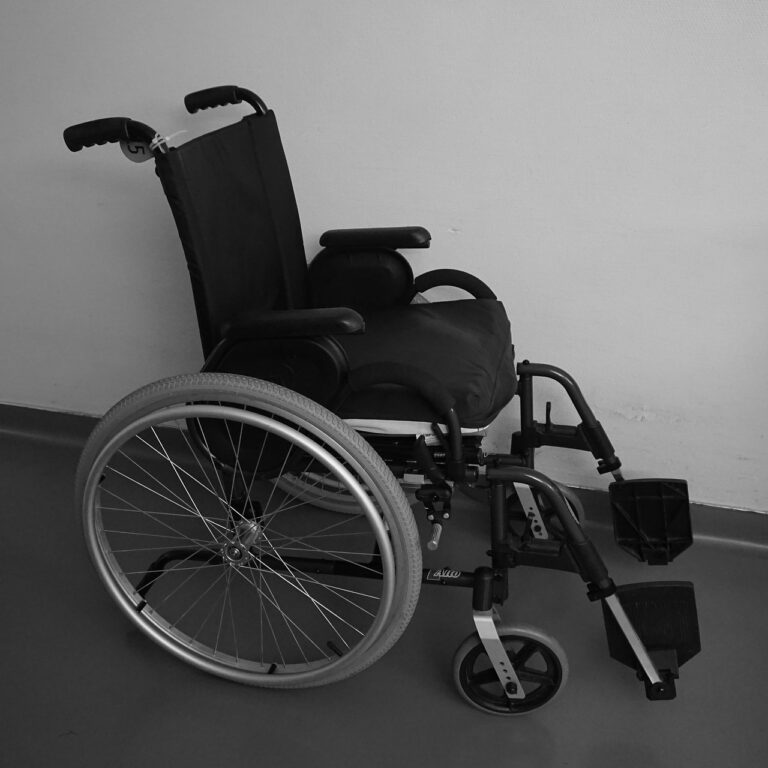Music Therapy for Adolescents: Using Music to Manage Emotions
allexchbet, 99exch, all panel.com: Music Therapy for Adolescents: Using Music to Manage Emotions
Music has always been a powerful form of expression and communication. It has the ability to evoke strong emotions, uplift our spirits, and provide comfort during times of distress. For adolescents, who are navigating the complexities of growing up, music can be an invaluable tool for managing emotions and finding a sense of balance.
Music therapy is a unique and effective way to help adolescents cope with their emotions and navigate the challenges of adolescence. Through the use of music, trained therapists can help adolescents explore their feelings, express themselves, and develop healthy coping mechanisms. In this article, we will explore the benefits of music therapy for adolescents and how it can be used to manage emotions effectively.
Exploring Emotions Through Music
Adolescence is a time of intense emotions and rapid changes. It can be overwhelming for many teenagers as they try to make sense of their feelings and navigate the complexities of relationships, school, and societal pressures. Music therapy provides a safe space for adolescents to explore and process their emotions through music.
Music has the power to tap into our deepest emotions and memories. Adolescents can use music as a form of self-expression, allowing them to communicate their feelings in a way that words alone cannot. Through music therapy, adolescents can explore the different emotions they are experiencing, whether it’s anger, sadness, joy, or fear.
Expressing oneself through music can be cathartic and healing. Adolescents can release pent-up emotions, gain insight into their feelings, and develop a greater sense of self-awareness. This can help them cope with the challenges they face and build resilience in the face of adversity.
Managing Stress and Anxiety
Adolescence can be a stressful and anxiety-provoking time for many teenagers. Academic pressures, social dynamics, and expectations from family and peers can all contribute to feelings of stress and anxiety. Music therapy can be an effective tool for helping adolescents manage these overwhelming emotions.
Listening to music has been shown to reduce stress and anxiety levels. Music has a calming effect on the mind and body, helping to lower heart rate, blood pressure, and cortisol levels. In music therapy sessions, adolescents can listen to and create music that promotes relaxation and soothes their nerves.
In addition to listening to music, adolescents can also engage in active music-making as a way to manage stress and anxiety. Playing an instrument, singing, or composing music can provide a sense of accomplishment and empowerment. It can also serve as a distraction from negative thoughts and rumination, allowing adolescents to focus their energy on something positive and productive.
Building Healthy Coping Mechanisms
One of the goals of music therapy for adolescents is to help them develop healthy coping mechanisms for managing their emotions. Adolescents often turn to unhealthy behaviors, such as substance abuse or self-harm, as a way to cope with difficult emotions. Music therapy provides a safe and creative outlet for adolescents to channel their emotions in a constructive way.
Through music therapy, adolescents can learn healthy ways to cope with stress, anxiety, and other challenging emotions. They can develop skills such as emotional regulation, impulse control, and self-soothing techniques. These skills can help adolescents navigate the ups and downs of adolescence more effectively and build resilience for the future.
Music therapy can also help adolescents build social connections and support networks. Group music therapy sessions provide a sense of community and belonging, allowing adolescents to connect with others who may be going through similar experiences. This sense of camaraderie can be a powerful source of comfort and encouragement for adolescents as they learn to manage their emotions.
Integrating Music Therapy into Treatment
Music therapy can be integrated into existing treatment plans for adolescents who are struggling with mental health issues. It can be used in conjunction with other therapeutic modalities, such as individual counseling, medication management, and family therapy. Music therapy can complement traditional treatments by providing a creative and engaging way for adolescents to explore their emotions and develop coping skills.
When working with adolescents in music therapy, therapists take a client-centered approach, tailoring interventions to meet the unique needs and preferences of each individual. Therapists may use a variety of techniques, such as improvisation, songwriting, lyric analysis, and relaxation exercises, to help adolescents achieve their therapeutic goals.
It’s important for parents and caregivers to be supportive of adolescents who are participating in music therapy. Encouraging adolescents to engage with music in a positive and healthy way can help them build resilience and coping skills that will serve them well throughout their lives. By recognizing the benefits of music therapy for adolescents, parents can help their children thrive during the challenging adolescent years.
FAQs
Q: What types of music are used in music therapy for adolescents?
A: Music therapists may use a variety of musical genres and styles in therapy sessions, depending on the preferences and interests of the adolescents. Therapists may incorporate popular music, classical music, folk music, or world music into their sessions to engage adolescents and facilitate emotional expression.
Q: How long do music therapy sessions typically last?
A: Music therapy sessions for adolescents can vary in length, depending on the treatment plan and goals of the therapy. Sessions may last anywhere from 30 minutes to an hour, with the frequency of sessions determined by the needs of the individual adolescent.
Q: How can parents support adolescents who are participating in music therapy?
A: Parents can support adolescents in music therapy by encouraging their participation, attending sessions with them if appropriate, and being open to discussing their experiences in therapy. Parents can also help create a positive and supportive environment at home that encourages healthy engagement with music.
In conclusion, music therapy is a valuable tool for helping adolescents manage their emotions and navigate the challenges of adolescence. By exploring their feelings through music, adolescents can gain insight, express themselves, and develop healthy coping mechanisms. Music therapy can help adolescents build resilience, reduce stress and anxiety, and foster connections with others. By integrating music therapy into treatment plans, adolescents can experience the healing power of music and create a brighter future for themselves.







